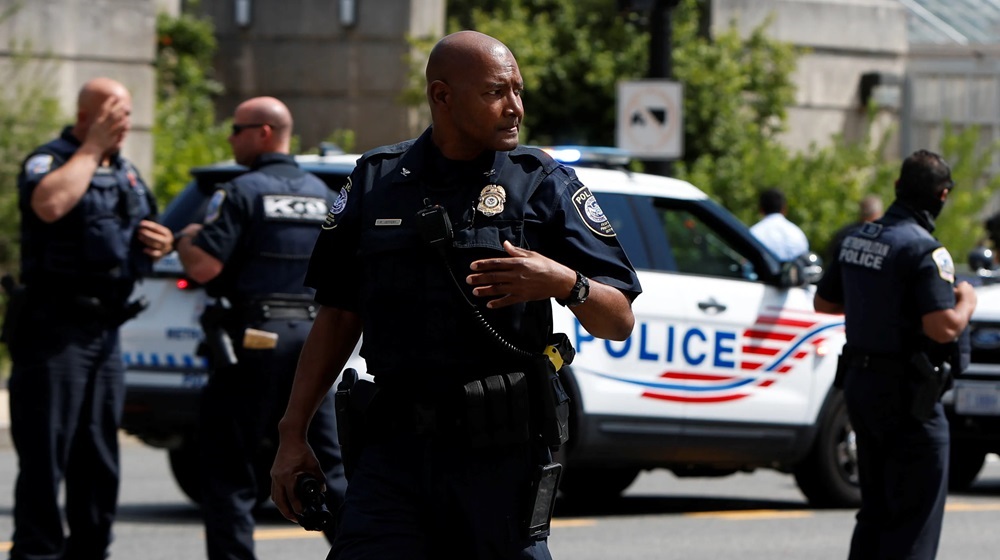Two Sierra Leonean men, Adama Sow and Abdulaj Jalloh have been indicted in what authorities are calling the “largest-ever seizure of counterfeit goods in US history.” Federal prosecutors orchestrated the arrest of these individuals in New York, culminating in the confiscation of over 200,000 counterfeit luxury items valued at a staggering $1.03 billion.
Both Sow and Jalloh faced charges of trafficking in counterfeit goods, as per unsealed indictments revealed this week. US Attorney Damian Williams emphasized that the defendants operated a sizable distribution hub for knock-off designer merchandise within a Manhattan storage facility, resulting in the monumental seizure, surpassing any in US history.
Hailing from Queens and Manhattan, aged 38 and 48, respectively, Sow and Jalloh now confront a potential maximum sentence of 10 years in prison for their alleged involvement in the large-scale counterfeit operations.
The duo’s trafficking activities revolved around a Manhattan storage facility, with the seizure yielding 83,000 items valued at over $502 million. Additionally, Jalloh utilized an offsite Manhattan location, resulting in the seizure of “over 50,000 counterfeit items” valued at over $237 million.
Images shared alongside Williams’ statement portrayed a plethora of counterfeit goods—bags, clothing, and more—stacked in boxes or scattered across ceiling pipes within the confiscated spaces.
Ivan Arvelo, special agent in charge of homeland security investigations, commended the operation, highlighting HSI New York’s unwavering dedication to combatting intellectual property theft. Arvelo praised the collaborative efforts of law enforcement agencies in achieving justice and the monumental seizure.
Fashion lawyer Douglas Hand, expressing support for the US attorney’s actions, emphasized the significance of protecting fashion brands’ intellectual property rights in combating the rampant counterfeit market.
The repercussions of purchasing counterfeit goods were underlined, citing potential civil or criminal penalties, with a reminder that such actions often perpetuate criminal activities like forced labor or human trafficking.












Leh den try dae
Witin sweet 🐐 goat na e di run e belley
Fulla dem with den Guinea Guinea. Den feel say den go take am na US
🇸🇱 passport web has rendered a bad name for real citizens worldwide.
It’s d luxury of the top guns to d expense of our credibility
Fula man na fula man ya
Why would generalise by saying Fulas, at list these one’s did traffic drugs you are well aware of some of your criminals always get caught drugs trafficking